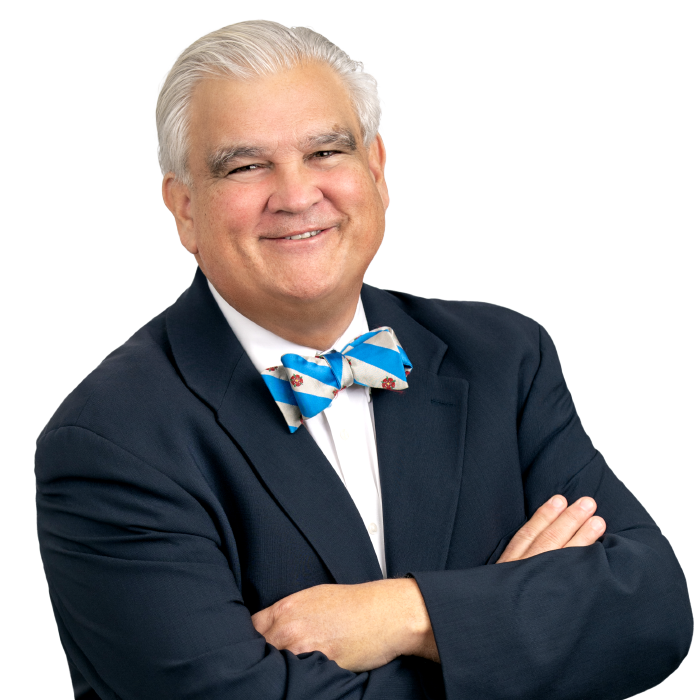
FCC Clarifies That Prohibitions on Robocalls Apply to Local Governments
Telephone Consumer Protection Act and Public Agencies
The FCC approved an Order on Reconsideration on Monday that clarifies that the Telephone Consumer Protection Act’s prohibition against robocalls applies to contractors working for federal, state or local governments, as well as local governments themselves. The Order became effective upon release, and it is not likely to change in a Biden Administration FCC, as the two Democratic commissioners took issue only with the rule not being applied to states as well as state contractors.
While most automatic calls made by municipalities, school districts and special districts appear not to fit the type of prohibited calls under the FCC’s interpretation found at 47 CFR §64.1200, the FCC’s announcement could invite litigation as plaintiffs’ counsel seek to probe the limitations’ breadth. Also, given the increasing reliance on such communications during the pandemic, it’s important that public agencies are aware of the ruling and use it as a justification to examine how the agency captures and stores consumer consent to receive calls.
In 1991, Congress enacted the TCPA to address certain calling practices that implicate privacy and public safety concerns. Congress has amended the TCPA in the intervening years and the FCC has issued multiple rulings. The result being the TCPA is a complex body of rules and regulations. Generally, the TCPA exempts calls made for “emergency purposes” but prohibits, without prior expressed consumer consent:
- Telemarketing calls using an artificial or prerecorded voice to residential telephones and
- Non-emergency calls using an automatic telephone dialing system, commonly known as an “autodialer,” or an artificial or prerecorded voice to a wireless telephone number.
Edison Ruling: Examples of Permitted Calls
In 2016, the FCC issued a helpful ruling on what is a permissible call. The Commission found that automated calls to residential landline telephone numbers using an artificial or prerecorded voice are permitted even when “made for a commercial purpose but [do] not include or introduce an advertisement or constitute telemarketing.” Specifically, the Commission found a utility lawfully used its autodialer to call a customer “to warn about the likelihood that failure to make payment will result in service curtailment,” as the customer is deemed to have given “prior express consent” to be contacted under the TCPA.
Commissioner Jessica Rosenworcel further explained the Order this way “…if you have provided energy and utility companies with your number, they can reach out to you when the power goes out, when service is being restored, and when dangerous work is being done on electrical facilities near your home. In other words, they have the ability to reach out to you when safety is at stake. Second, we make clear that schools, which act in loco parentis, can reach out to a student’s family or guardian in emergency situations.”
Disclaimer: BB&K Legal Alerts are not intended as legal advice. Additional facts, facts specific to your situation or future developments may affect subjects contained herein. Seek the advice of an attorney before acting or relying upon any information herein.



